Showing 1-15 of 21 results

The Fundamentals
Today on The Fundamentals is Dr. Maria Castro, the R.C. Schneider collegiate professor of neurosurgery, and a professor of cell and developmental biology at the University of Michigan Medical School. Her research program aims to develop immunotherapies for primary and metastatic brain cancer, studying basic immune biology mechanisms leading to clinical implementation. She has been inducted into the American Association for the Advancement of Sciences, the Latin American Academy of Sciences, and the American Institute for Medical and Biological Engineering College of Fellows. She has won numerous awards for her contributions to basic science and cancer research and is a diversity ambassador for the Cancer Biology Graduate Training Program.
You can learn more about Dr. Castro here, and you can follow her @castro2355_mg, the Rogel Cancer Center @UMRogelCancer, the department of neurosurgery @umichneuro, Michigan Neurscience Institute @UM_MNI and the department of cell and developmental biology @UMCDB on X

Health Lab
Researchers recently revealed a new mechanism behind antiphospholipid syndrome that the investigators hope will eventually allow treatments to be targeted closer to the source of the problem.

Medical School News
Four faculty and two staff members from the departments of Anesthesiology, Neurology, Radiology and Surgery, and the Office of Graduate Medical Education (GME), are recipients of GME Awards for 2024

Health Lab
Most people with risk factors for cardiovascular disease – what are sometimes called the Essential Eight – are managed by primary care clinics, or haven’t seen any provider recently

Health Lab
Around 10% of all deaths following percutaneous coronary intervention are potentially preventable, a study led by Michigan Medicine finds.
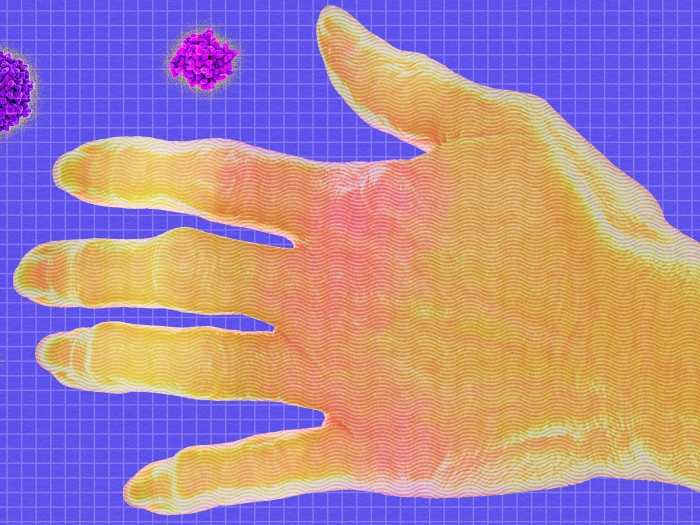
Health Lab
New study has identified an enzyme contributing to systemic sclerosis.
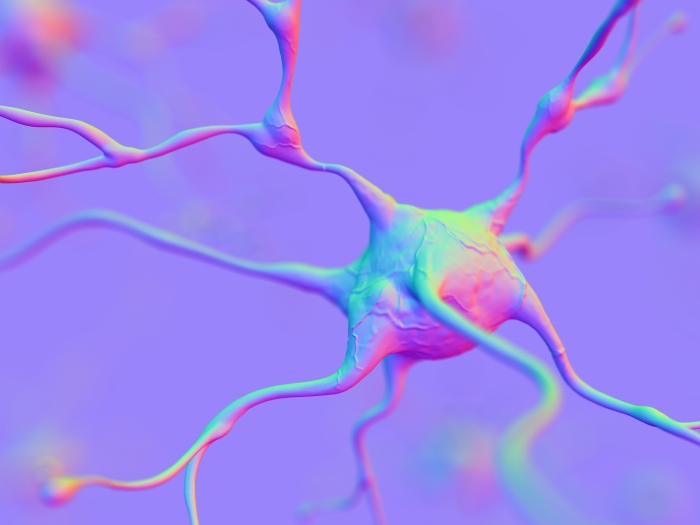
Health Lab
A new study links two autism-associated genes together for the first time, potentially revealing a mechanism behind brain changes seen in people with autism.

Health Lab
Recently approved by the Food and Drug Administration, Pluvicto is a radionuclide-labelled drug administered to patients showing promising results.
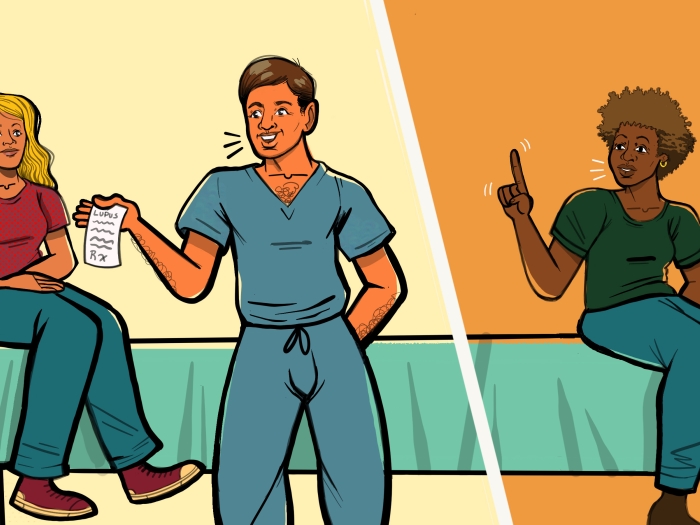
Health Lab
When it comes to lupus care, Black adults are normally left behind despite being one of the highest lupus populations.

Health Lab
Research published in the Arthritis Care and Research Journal from Michigan Medicine found that scleroderma patients made significant strides when working with trained peer health coaches in adhering to wellness routines, leading to resilience and improvements in fatigue, pain and depressive symptoms.
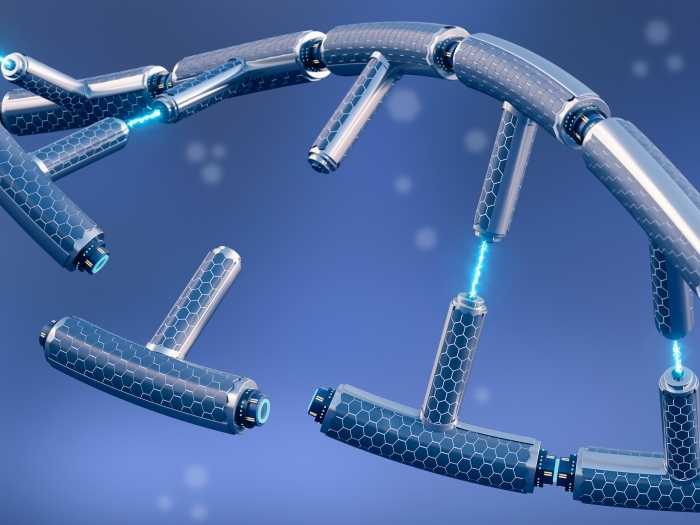
Health Lab
Findings from researchers at the University of Michigan Health Rogel Cancer Center, published in Cancer Discovery, show how a specific nucleotide metabolite called GTP controls responses to radiation and chemotherapy in an unexpected way.
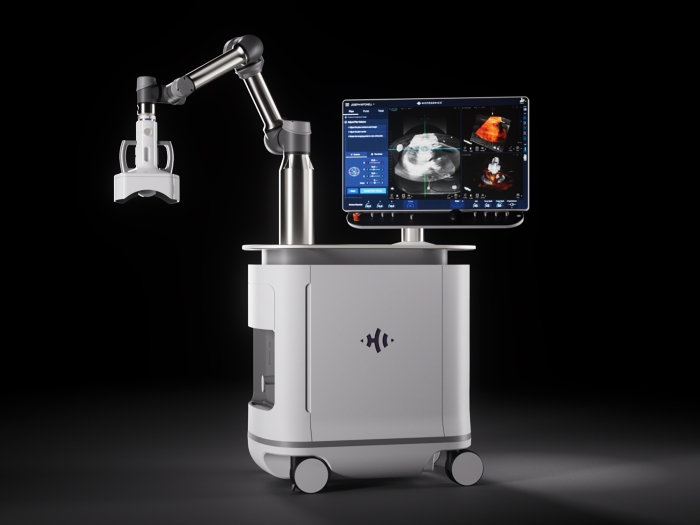
News Release
Technology developed at U-M uses sound waves to destroy tissue, providing a new type of cancer therapy

Health Lab
Michigan Medicine researchers are examining whether ginger supplements could help treat symptoms in autoimmune diseases
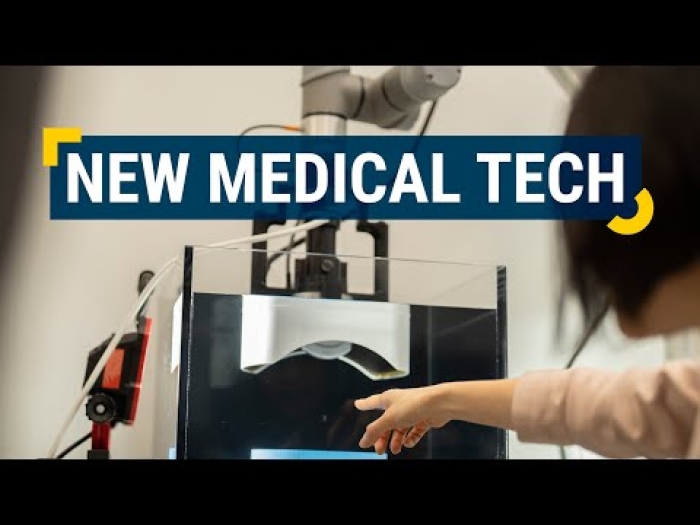
Health Lab
Michigan Medicine has developed a new technique that provides a non-invasive alternative to surgery, chemotherapy and radiation treatments for cancer.